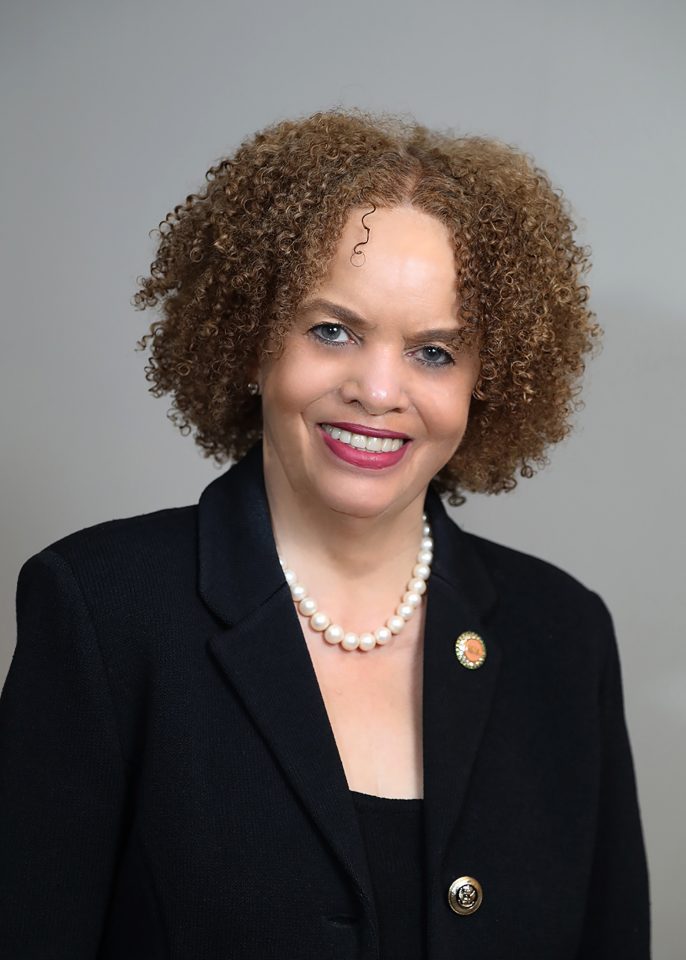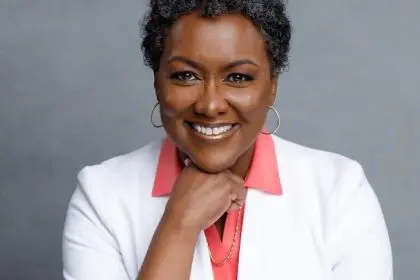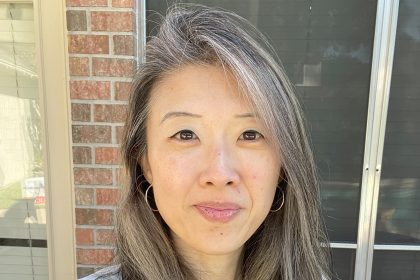
Helen Caulton-Harris is the health commissioner of Springfield, Massachusetts and was appointed director of Health and Human Services for the city by Mayor Michael J. Albano on April 1, 1996. Commissioner Harris has passionately been developing policies for the health needs of underserved populations both locally and nationally.
If you had to give a quick speech to the community on the importance of health and understanding the role of a health department, what would you say?
For me, public health is a social justice movement rooted in science. The science is the evidence-based strategies that we use in order to keep our communities healthy. Public health was really founded around the 1800s when we were really concerned about people’s health and equity in health. So, this movement of public health is often very difficult to explain. It is prevention, intervention, and treatment. Those are the three areas of public health. We are very responsible for so many things, the air, testing the water, our restaurants, making sure substance use disorders are taken care of. We handle child and maternal health, and infant mortality. So, when you think about public health, this social justice movement, it’s clear that there are many parts of it that are really important to the public and having a healthier community.
When did you decide that this was the career for you?
I must tell you that there is nothing in my life that’s planned. I am very much a person who believes very strongly in the fact that I was rooted at an early age in the social justice movement, because of the era I grew up in. We grew up in an era of social activism. And social activism led me to work in a health center called Neighborhood Health Center, where everyone there was really immersed in health. I really became someone who studied those women who happened all to be from the African American community. So at a very early age, I got immersed with individuals who cared about the community.
What are some of the changes that are being made for disproportionately represented communities?
If you look at the data for the Commonwealth of Massachusetts, the African American communities are disproportionately represented in every one of those health status indices. So, we ask ourselves the question, “Why is that?” A lot of that has to do with the social determinants of health, including nutrition, housing, employment, mental and physical health. We have not had the same kind of attention and access that the White community has had, as far as those areas of health are concerned. We are changing and looking at health more holistically. We’re looking more at the environment, food and education. Still, in every health status indices that I look at, in the Commonwealth, our Black community is disproportionately represented.















